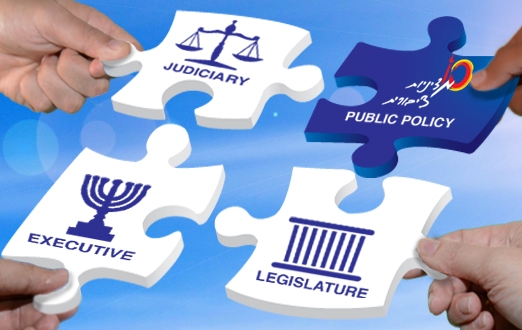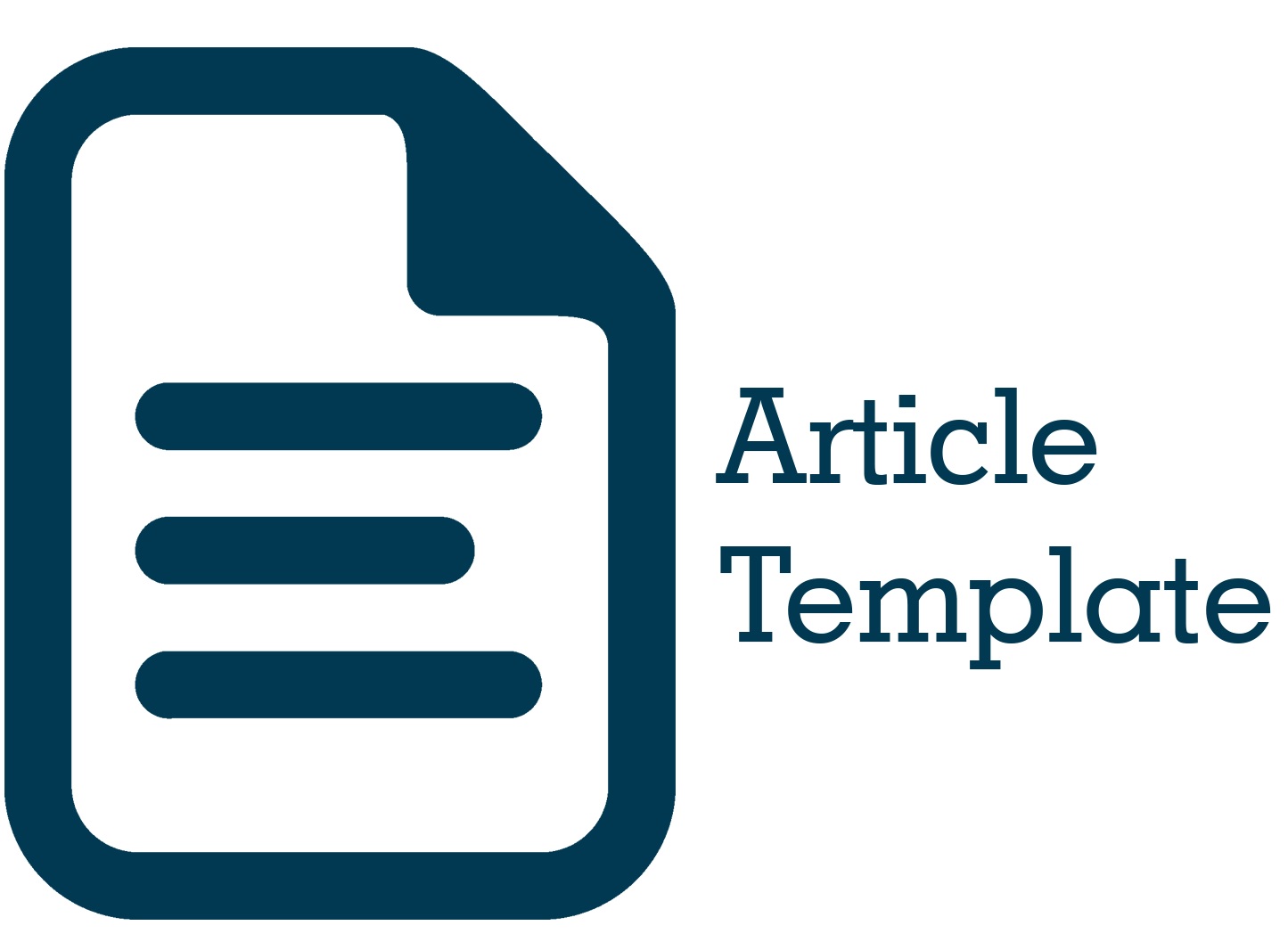Analisis Kinerja Keuangan pada PT. Bank Pembangunan Daerah Nusa Tenggara Timur Periode 2019-2022
DOI:
https://doi.org/10.51135/PublicPolicy.v5.i1.p425-442Keywords:
Return On Assets, Return On Equity, Operating Expenses, Operating Income, Loan to Deposit Ratio, Loan to Assets Ratio,, Primary Ratio, Debt to Equity RatioAbstract
The purpose of this study was to determine and analyse the ability of East Nusa Tenggara Regional Development Bank to make a profit and how much this company uses its funds to generate profits. This research method is descriptive with a quantitative approach. The analytical tools used in this study are Net Profit Margin, Return on Equity, Return on Assets, Operating Cost Ratio, Loan to Deposit Ratio, Loan to Asset Ratio, Primary Ratio and Debt to Equity Ratio. The results of research based on the Profitability Ratio on ROA and BOPO in 2019-2022 show that the financial performance of Bank Pembangunan Daerah NTT can be said to be good. ROE has decreased from 2029-2022 which shows a less healthy state. The Liquidity Ratio on LDR and LAR from 2019-2022 shows a fairly healthy state. The Solvency Ratio on PR from 2019-2021 shows an unhealthy state and in 2022 it has increased significantly. Then DER from 2019-2022 shows a very healthy state.
Downloads

Downloads
Published
How to Cite
Issue
Section
License
Authors whose manuscripts are published in the Journal of Public Policy must agree to the following terms;
- Publication rights for all manuscript materials published are held by the editorial board with the author's consent.
- The legal formalities for digital access to the Journal of Public Policy are subject to the Creative Commons Attribution Sharealike (CC BY SA) license, which means the Journal of Public Policy has the right to store, redistribute, reformat, manage in a database, maintain, and publish the manuscript without seeking permission from the author as long as the author's name is included as the copyright owner.
- Published manuscripts are open access for the purpose of disseminating research results. Besides this purpose, the editorial board is not responsible for copyright law violations.


.png)



